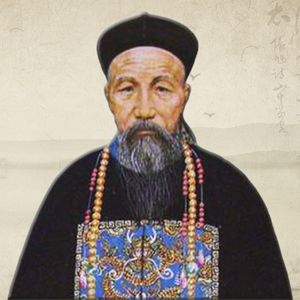{{ชื่อ}} ประเภทบุคลิกภาพ MBTI
บุคลิกภาพ
"William Ewart Gladstone ประเภทบุคลิกภาพประเภทใด William Ewart Gladstone เป็นประเภทบุคลิกภาพ ISTJ ใน mbti, 6w5 - - ใน Enneagram, ใน Big 5, ใน Socionics"
Basing this largely off his political ideologies (which I know is bad) and his relationship with Queen Victoria. His reverence for the monarchy as a British institution, yet his disparaging of Queen Victoria for, in his eyes, failing her duties as monarch points to the push-pull loyalties of a Social Six. He also displays keen interest in intertwining his high Anglican faith with politics, suggesting loyalty and being reliant on external doctrines to guide policy. It is somewhat hard to ascertain, as Victorians' insistence on virtue in public figures could make him unelectable if he did not adopt this persona. As for Myers-Briggs, I see little Ti, more Te due to his skill at realpolitik and international diplomacy, which suggests ISTJ. A Ti user would, I might posit, lack Gladstone's direction, forcefulness and organisation. He lacks Se, as evidenced by his slow and butchered response to the Gordon debacle. ISTJ 6w5 so/sp seems likely.
ชีวประวัติ
William Ewart Gladstone PC FRS FSS (29 December 1809 – 19 May 1898) was a British statesman and Liberal politician. In a career lasting over 60 years, he served for 12 years as Prime Minister of the United Kingdom, spread over four terms beginning in 1868 and ending in 1894. He also served as Chancellor of the Exchequer four times. Gladstone was born in Liverpool to Scottish parents. He first entered the House of Commons in 1832, beginning his political career as a High Tory, a grouping which became the Conservative Party under Robert Peel in 1834. Gladstone served as a minister in both of Peel's governments, and in 1846 joined the breakaway Peelite faction, which eventually merged into the new Liberal Party in 1859. He was Chancellor under Lord Aberdeen (1852–1855), Lord Palmerston (1859–1865) and Lord Russell (1865–1866). Gladstone's own political doctrine emphasised equality of opportunity and opposition to trade protectionism.
บุคลิกภาพ correlate
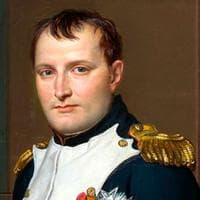
Napoléon Bonaparte

Otto von Bismarck
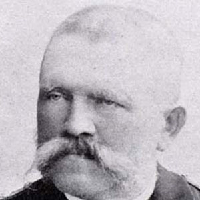
Alois Hitler

Empress Elisabeth of Austria
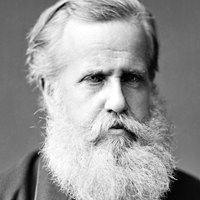
Pedro II of Brazil
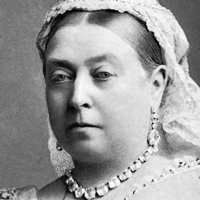
Queen Victoria

Frederick Douglass

Alexander I of Russia




